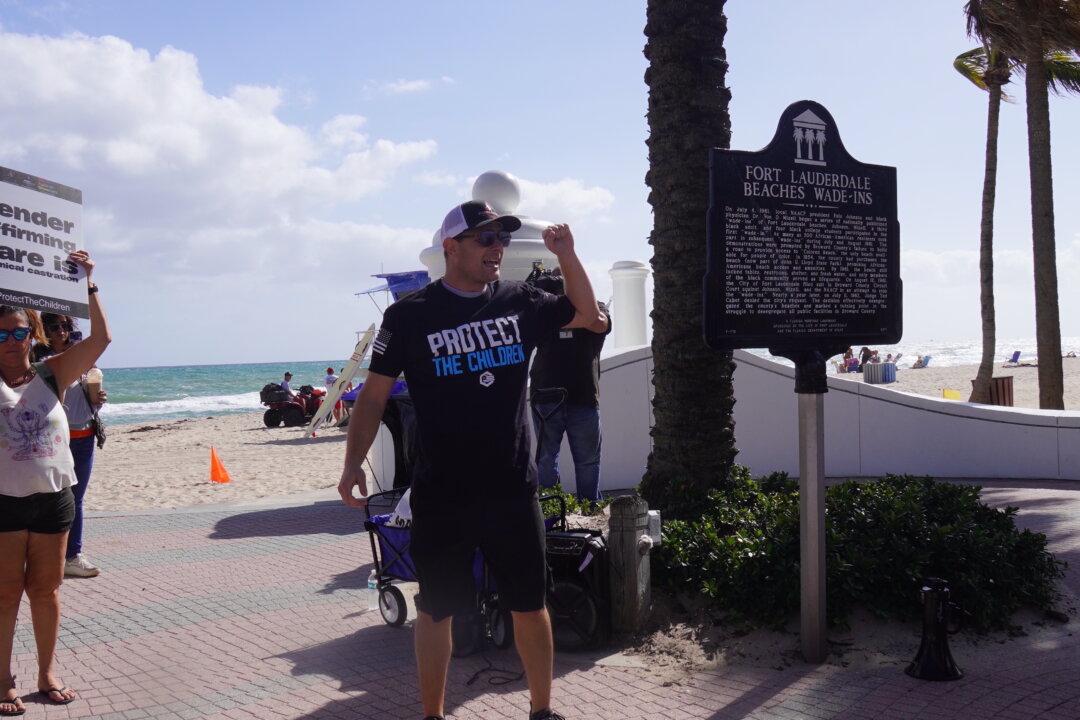PUNTA GORDA, Fla.—Florida officials have announced an effort to focus on addressing the state’s rising death toll associated with fentanyl overdoses.
Gov. Ron DeSantis said the synthetic opioid “ruins lives” and has infiltrated “other substances” that have led to a number of deaths, as he announced the statewide initiative at an Aug. 3 news conference in Brevard County.
“Fentanyl overdoses make up 70 percent of all overdoses in Florida,” the governor said.
The addiction program—Coordinated Opioid Recovery (CORE) Network—is based on a model from Palm Beach County that has been successful in curbing addiction, will be expanded to 12 additional counties. It uses a three-prong approach to recovery that “focuses on long-term treatment,” the governor said.
The program will begin in Brevard, Clay, Duval, Escambia, Gulf, Manatee, Marion, Pasco, and Volusia counties, and will be expanded to Citrus, Pinellas, and Flagler counties.
DeSantis named Dr. Courtney Phillips, the director of behavioral health for the Health Care District of Palm Beach County, the statewide director of opioid recovery. Phillips said recognizing that substance addiction is “an illness” and understanding the effect on the brain is important in treating the disease.
She said her goal is to provide people who suffer from substance addiction with 24/7 access to assistance, readily available evidence-based treatment, medical and psychiatric care, and social support.
“No other chronic condition has been treated without access to emergency services the way addiction has been for many years in the past,” she said. “In Florida, that stops today, thanks to this initiative.”
During the press event, DeSantis said fentanyl overdose deaths have increased by 800 percent since 2015; in 2022, there have been almost 2,000 fentanyl overdoses across the state.
The governor, who has butted heads over policy with the Biden administration, blamed Florida’s growing fentanyl problem on an open southern border.
“They are letting it come in with these disastrous policies,” DeSantis said. “Now, in the United States, the leading cause of death for Americans [between] 18 to 25 is fentanyl overdose.”
Deputy Secretary for Health Dr. Kenneth Scheppke said first responders have been instructed to take overdose victims to specialty hospitals that are trained in addiction medicine and eventually move them into “long-term care facilities” that will help them “break the overdose cycle.”
He said, “Substance use disorder is a chronic, life-threatening, and relapsing disease that needs to be treated like all other chronic diseases with medical and subspecialty expertise.”




